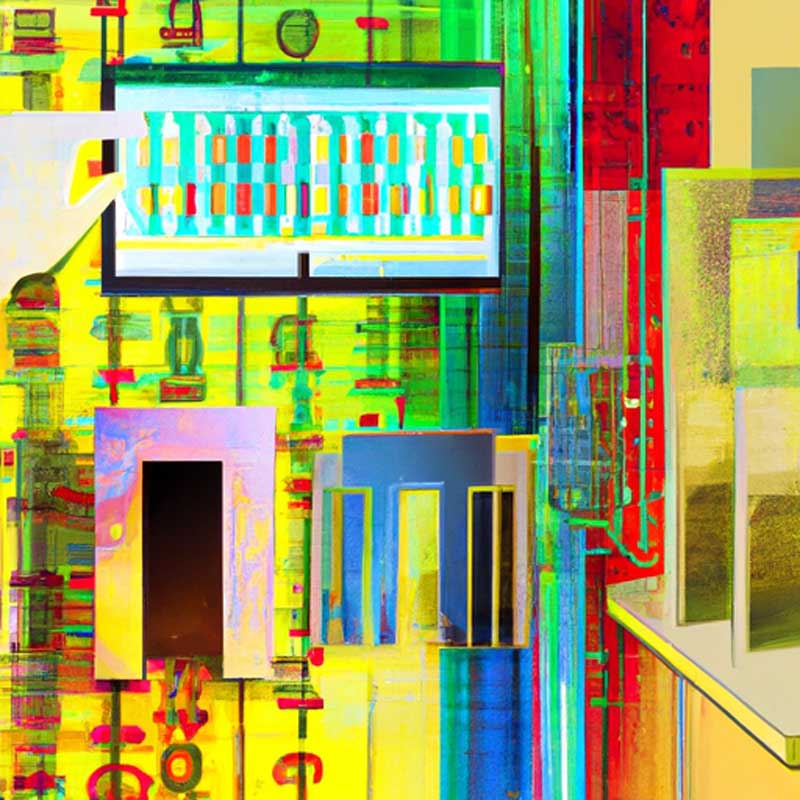TLDR:
Wizards of the Coast, the tabletop publisher of Magic: The Gathering, initially denied using AI in a promotional image but later admitted to using generative tools after fans pointed out the telltale signs. The company previously swore off AI art following a controversy with a freelancer. The use of AI in art and marketing has become a contentious issue, and Wizards of the Coast acknowledged the need to update their practices and prioritize human creativity.
Key Points:
- Wizards of the Coast initially denied using AI in a promotional image for Magic: The Gathering
- After fans pointed out evidence of AI-generated elements in the image, the company admitted to using generative tools
- This comes after Wizards of the Coast swore off AI art following a controversy with a freelancer
- Artists expressed alarm and concern over the company’s use of AI despite their previous statements
- Wizards of the Coast acknowledged the need to update their practices and support human creativity
After fans of Magic: The Gathering raised concerns about a promotional image that appeared to have elements generated by AI, Wizards of the Coast initially denied the use of generative tools. However, the company later admitted to using AI in the creation of the image. The specific details in the image, such as the filaments in the lightbulbs and the wiring on the desk, showed signs of being created by AI tools. This revelation is significant because Wizards of the Coast had previously disavowed the use of AI art after a controversy involving a freelancer.
Artists, as well as fans, were concerned and critical of the company’s actions. Illustrator Jason Rainville mentioned considering other sources for commissions if Wizards continued to use AI art. However, he retracted his criticism after the company admitted to using AI and promised to improve. Another artist, Dave Rapoza, declared that he would no longer work with Wizards of the Coast because of their use of AI.
Wizards of the Coast stated on Twitter that the background of the image was sourced from a third-party vendor and that AI components may have crept into the marketing creative process. They acknowledged the need to update their practices when working with vendors to ensure the preservation of human creativity. In a statement on their website, the company emphasized their commitment to supporting human-made art and artists, while also expressing a desire to better understand and disclose the use of AI in the creative process.
This incident highlights the complexities and challenges companies face when it comes to the use of AI in art and marketing. While the initial denial by Wizards of the Coast was disappointing, their subsequent admission and commitment to improvement is commendable. The prevalence of low-quality AI-generated art on the internet has made it increasingly difficult to discern what is real and what is fake. This issue extends beyond Wizards of the Coast, with other companies, such as Apex Legends and Wacom, also facing accusations of using AI art.
Wizards of the Coast’s reputation revolves significantly around the art they sell with Magic cards and tabletop sourcebooks. If the quality of their art diminishes due to the use of AI, it could devalue their products and harm their relationship with illustrators. Moving forward, it is crucial for companies like Wizards of the Coast to navigate the AI revolution carefully and prioritize transparency and human creativity.
